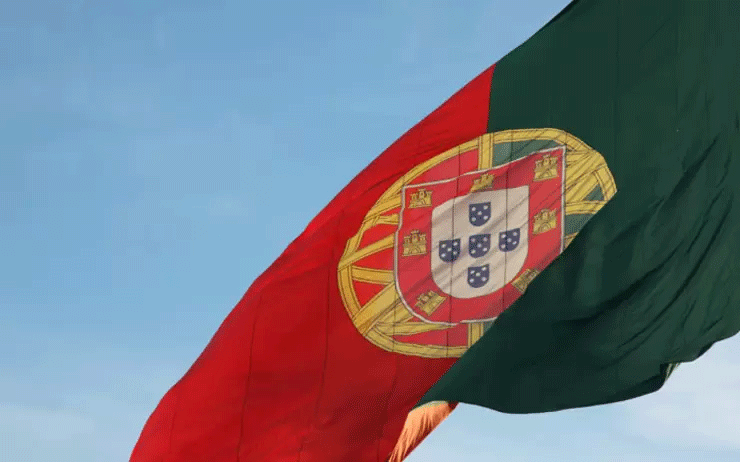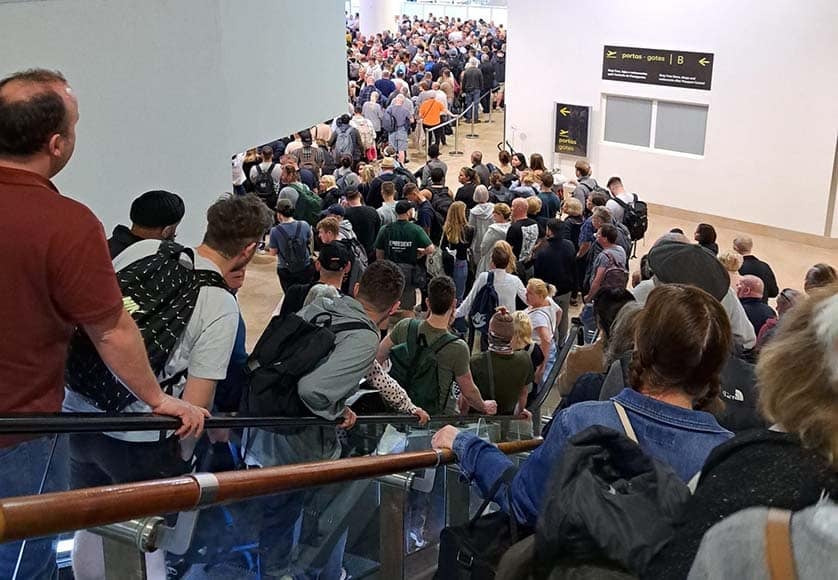
For more than a century, June 10 has been an official holiday in Portugal. It commemorates the death of the poet Luis Vaz de Camويسes, author of Lucias. Lepetitjournal reviews the history of this very important history of Portugal.
The official celebration program for 2022
Portugal Day, Camis and Portuguese Communities will be celebrated again this year in the country, as tradition dictates. Each year, a city is chosen to host the official festivities. Braga will host these celebrations in 2022. They started in Braga on Monday 6 June with the opening of a military exhibition inAvenida Central startLiberdade Street. Today, June 9, the flag was hoisted on Praca de Municipio. A public concert is held on June 10 in Praca da Republica, while two others are held on June 7 and 8. The culmination of festivities in Braga on June 10 at 11 am on Avenida da Liberdade, with a military parade featuring 2,054 soldiers. It is clear that the President of the Republic, Marcelo Rebelo de Sousa, will be present in Braga on June 10, for the ceremony.
Luiz Vaz de Camões: The Poet Behind Portuguese National Feelings
Luis Vaz de Camões is a 16th century Portuguese poet known especially for his work The Lusiads, from 1572. This epic poem tells the legendary history of Portugal. It is this poem that contributed to the formation of Portuguese nationalist sentiment. Thus, Camões is a key figure in the country’s history, through the symbol he embodies: Portuguese citizenship. Thanks to the language and history, he was able to unite all the Portuguese people. He died on June 10, 1580 in Lisbon and is still celebrated today. His remains are interred in the Jeronimos Monastery in Lisbon, which was declared a UNESCO World Heritage Site in 1983.
June 10, Dia de Camo, National Day: History of the cults
History has been a political topic of the twentieth century. Several sects were known according to the political regimes in power. In 1919, nine years after the proclamation of the First Republic, the date of June 10 became the embodiment of the republican fervor of the Portuguese capital: it became a public holiday for the municipality of Lisbon, and it was Dia de Cam .es. In 1925, this date became a national day and was celebrated throughout the country, but without becoming a public holiday outside Lisbon: Camões Day and Portugal. A year later, the dictatorship was proclaimed and reappearedStadium Novo In 1933 June 10 was held as a national holiday.
Portugal Day, Camões and Portuguese Communities
Today, the official name of June 10 is actually Portugal Day, Camis and Portuguese Communities (in Portuguese: Día de Portugal, de Camويسes and da Communidades Portuguesas). But why then do we keep this date as a national holiday despite it being used by the Salazarians? At the end of the dictatorship, a new national holiday is celebrated: April 25. However, the components of the Second Republic kept June 10 as a public holiday and public holiday to perpetuate the medieval heritage of Portuguese national sentiment: Camويسes still unites the entire country today. Also, they wanted not only a national holiday that was political, but also cultural.
So the 10th of June celebrates Portugal, the author of its founding legend Luis Vaz de Camويسes as well as the Portuguese communities outside the territory. Indeed, since 2016, a city outside the border that hosts a large Portuguese community has been chosen to be a symbol of June 10 abroad, and to remind Portuguese immigrants that their nation accompanies them wherever they go. This year, celebrations will take place in the UK in honor of the Portuguese expat community.






